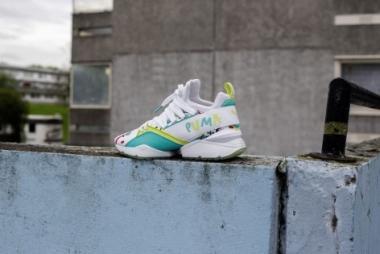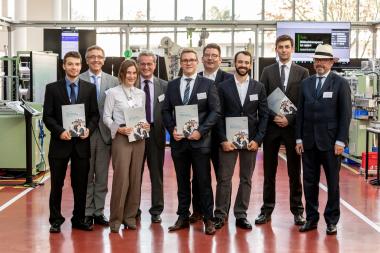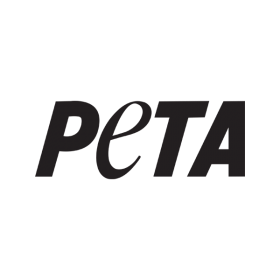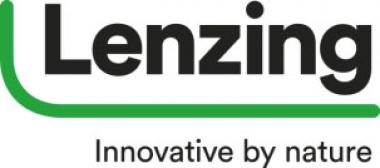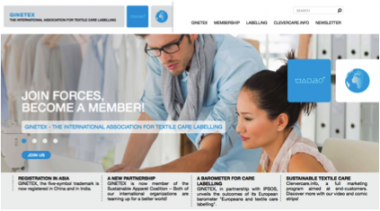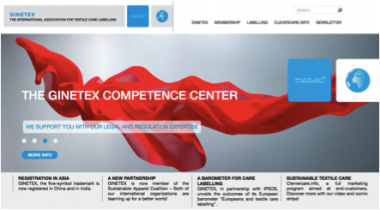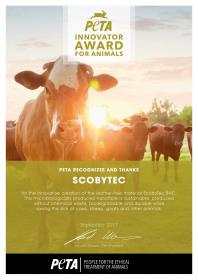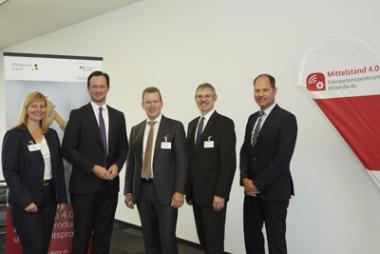Oerlikon wins three large manmade fibers orders in China
Long-term project business in China remains stable
Oerlikon has received new large orders for manmade fibers production solutions from three of the world’s leading manmade fibers manufacturers. All three companies are based in China and have been key customers of Oerlikon for many years. The orders are for Oerlikon Barmag’s world-leading filament-spinning technology for the highly efficient production of polyester fibers. The three projects have a total value of more than CHF 600 million (EUR 565 million). A very small proportion of these projects will be recognized in Oerlikon Group’s order intake in 2020, and the majority will be accounted for in 2021 and 2022. On-site delivery and installation of these systems are planned for the period from 2021 to early 2023.
The systems business in China remains largely unchanged despite the short-term interruption caused by the coronavirus epidemic following the Chinese New Year celebrations. Long-term project planning for major customers in the manmade fibers industry has resulted in new major orders being placed with Oerlikon Barmag. One of the three new orders, valued at more than CHF300million (EUR282million), is the largest order ever received by Oerlikon Barmag, based in Remscheid, Germany.
The comprehensive manmade fibers technology solutions by Oerlikon are used along the entire value chain in polyester yarn manufacturing and contain cutting-edge automation and digitalization technologies. Oerlikon’s innovative technologies will enable the three Chinese companies to increase their production capacities for polyester yarn and to remain competitive. Oerlikon Barmag will provide the entire system for WINGS POY and WINGS FDY, as well as the texturing machines from the eFK product family in phases over a period of slightly over two years.
Oerlikon



















